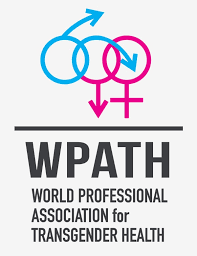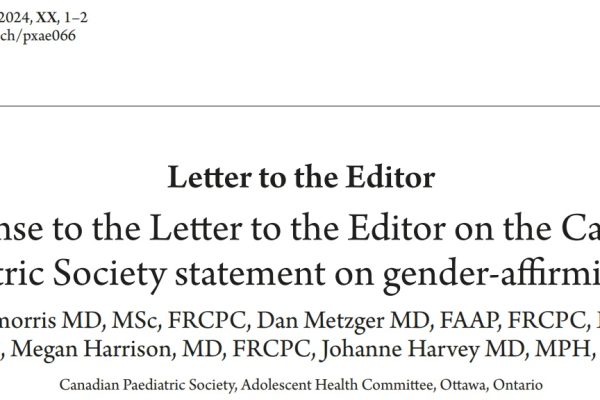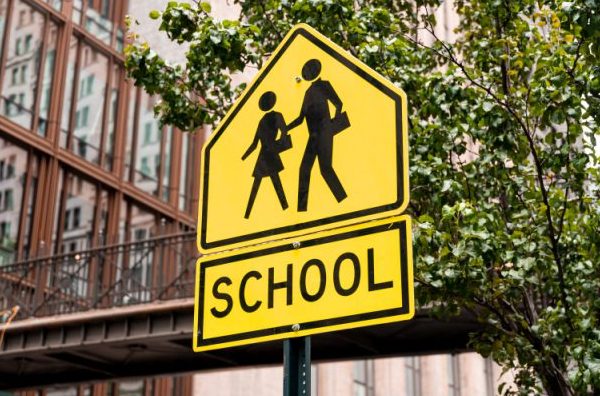Contributed by a Canadian lawyer currently making time for her 2 children.
On June 8, 2023, the education minister for New Brunswick announced changes to a controversial policy that required teachers and staff to use a child’s preferred pronouns and preferred name, without parental consent. Policy 713 had come into effect in 2020 and encouraged teachers to deceive parents by using the student’s legal name and historical pronouns when communicating with parents, while using the child’s preferred name/pronouns at school.
Essentially, teachers were required to keep a child’s “social gender transition” secret from their parents, upon request. This is a developing story, with the Premier of New Brunswick acknowledging that the policy change may result in an election given that some of members of his own party did not support it (Poitras, June 8, 2023).
Other jurisdictions across Canada have similar policies to the original version of Policy. For instance, the Kawartha Pine Ridge District School Board issued a memorandum in 2023 that reminded teachers that a student’s preferred name/pronouns should not be disclosed to the student’s parents (Higgins 2023). In a National Post piece by Michael Higgins on June 2, 2023, he reported that a grade 6 Calgary class was told that changes to the gender identity of one of the students must be kept secret from their parents. In fact, a Public Health Agency of Canada document advises teachers and other school staff not to inform anyone, including parents and caregivers, of a child’s changing gender identity, if they are not already aware of it (Government of Canada 2023). Unless these policies are changed, any Canadian parent may one day be surprised to learn that their child has “socially transitioned” at school, for months, without their knowledge.
Social transition is not a neutral act
The UK Cass Report “Independent Review into gender identity services for young people” (Feb 2022) advises that the decision to begin social transition must be made carefully by an adolescent, together with their families. The report states that social transition is not a neutral act. Even the World Professional Association for Transgender Health (WPATH) acknowledged that social transition is a potentially life-altering decision that requires parental involvement.
Childhood social transitions are a relatively new phenomenon and were relatively unheard of only a decade ago. The push to “affirm” an adolescent’s desire for an alternate gender is also a recent development. Studies are showing that when nothing is done (no social transition occurs) most children will stop wanting to transition following puberty (Zucker 2018). However, the Endocrine Society guidelines acknowledge that early social transition has been found to contribute to the likelihood of persistence of gender incongruence into adulthood (2017).
There is simply not enough known about the impact of early social transition on a child’s view of their own gender (Rae 2019). Even WPATH’s guidelines (version 8) acknowledges “there is a dearth of empirical literature regarding best practices related to the social transition process.”
When a child experiences gender incongruence, there is growing international consensus that they would benefit from the assistance of mental health professionals. Yet, how can adequate mental health assistance be provided if parents are kept in the dark about their child’s gender identity? These children require comprehensive evaluations, consultations, and psychodiagnostic assessments. Gender incongruence is highly correlated with comorbidities such as anxiety, self-harm, suicidality, eating disorders, and autism spectrum disorders. All major organizations agree that screening for these comorbidities is necessary so that they can be properly treated. None of this can be done if school policy keeps critical health care information a secret from parents.
References
Cantor, J. M. (2020). Transgender and gender diverse children and adolescents: fact-checking of AAP policy. Journal of sex & marital therapy, 46(4), 307-313. DOI: 10.1080/0092623x.2019.1698481
Cass, H. (February 2022). Independent review of gender identity services for children and young people: Interim report.
Government of Canada (2023). Questions and Answers: Gender Identity in Schools – What do I do if a student discloses a gender variant identity to me? Canada.ca
Higgins, M. (June 2, 2023). The state has no right keeping children’s gender identity secret from parents. The National Post. (msn.com)
Olson, K. R., Durwood, L., Horton, R., Gallagher, N. M., & Devor, A. (2022). Gender identity 5 years after social transition. Pediatrics, 150(2).
Poitras, Jacques. (June 8, 2023). Higgs threatens election to quell rebellion over Policy 713. CBC News.
WPATH Standards of Care for the Health of Transgender and Gender Diverse People, Version 8, WPATH, 23 International J. Trans. Health 2022 S1-S258, at S76 (2022).
Wylie, C. et al. (2017). Endocrine Treatment of Gender-Dysphoric/Gender-Incongruent Persons: An Endocrine Society Clinical Practice Guideline, The Journal of Clinical Endocrinology & Metabolism, Volume 102, Issue 11, 1 November 2017, Pages 3869–3903, https://doi.org/10.1210/jc.2017-01658
Zucker, K. J. (2018) The myth of persistence: Response to “A critical commentary on follow-up studies and ‘desistance’ theories about transgender and gender non-conforming children” by Temple Newhook et al., 19(2) International Journal of Transgenderism 231–245.




